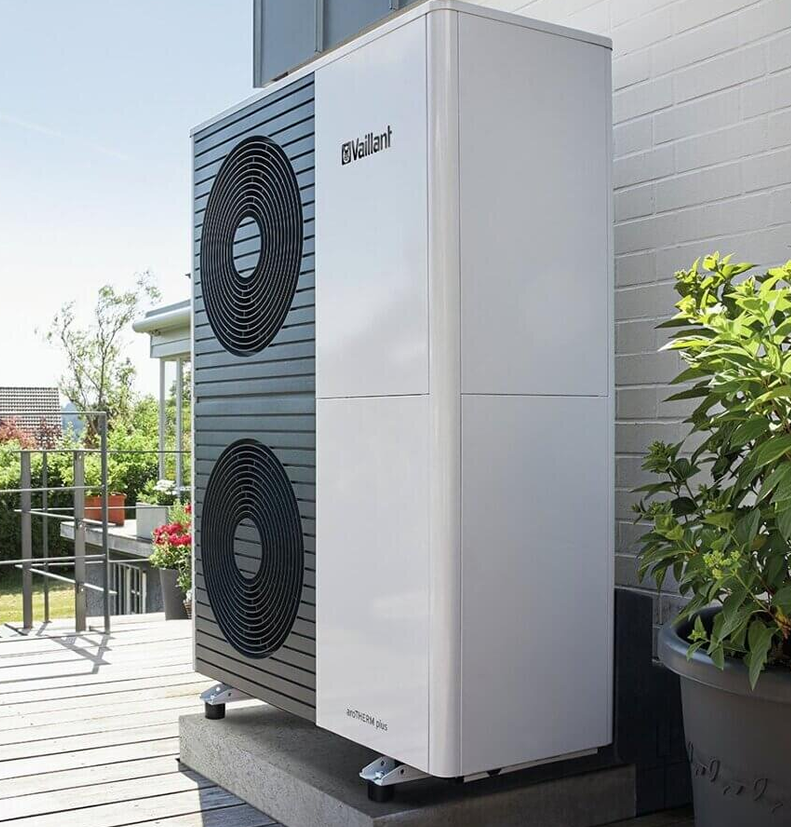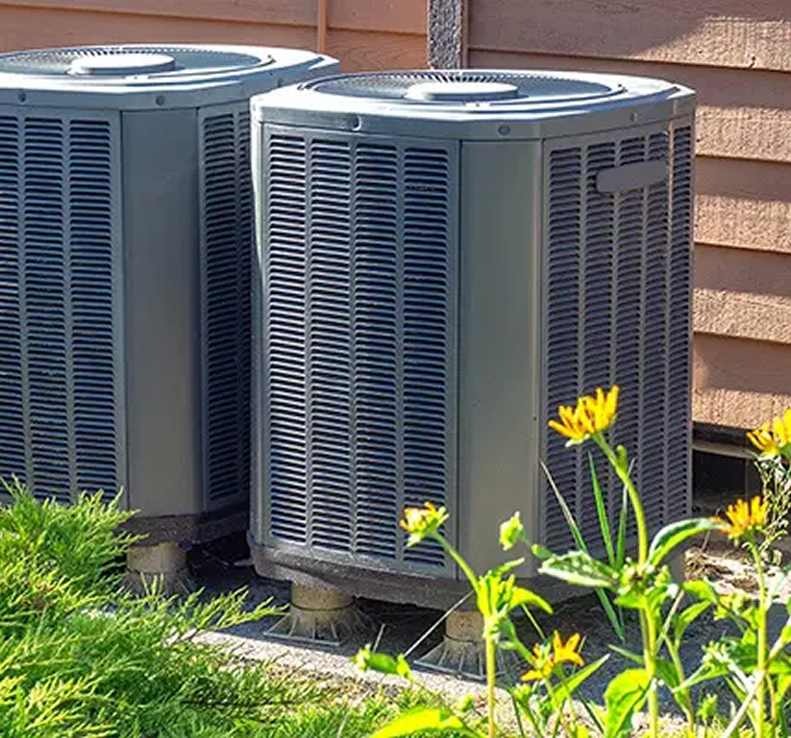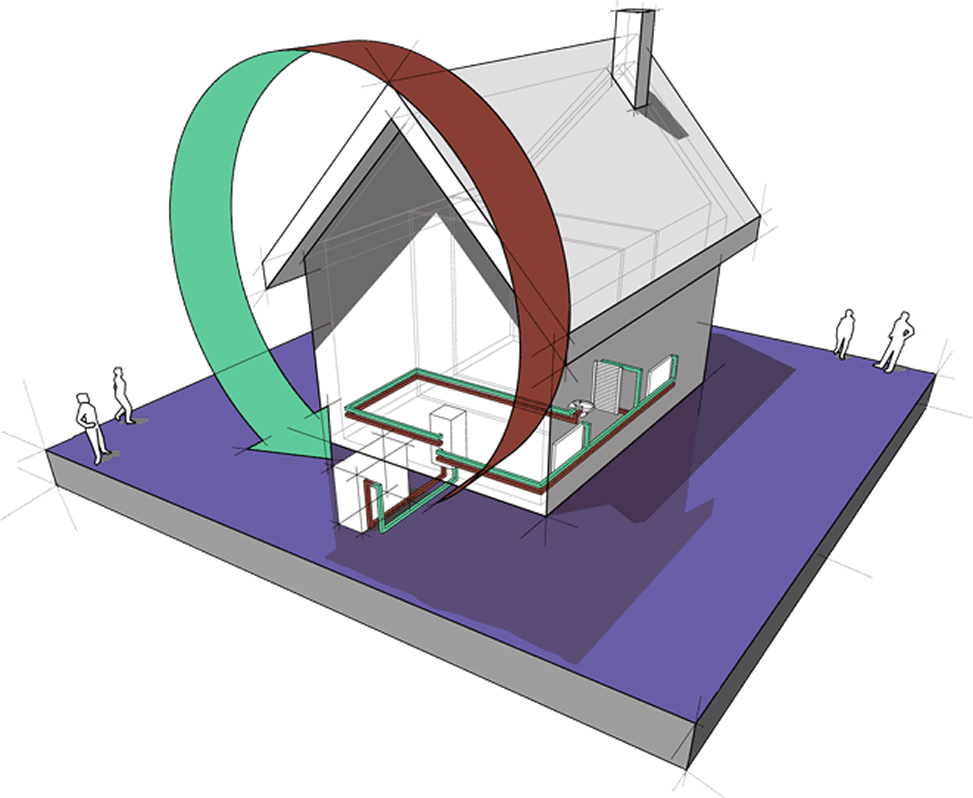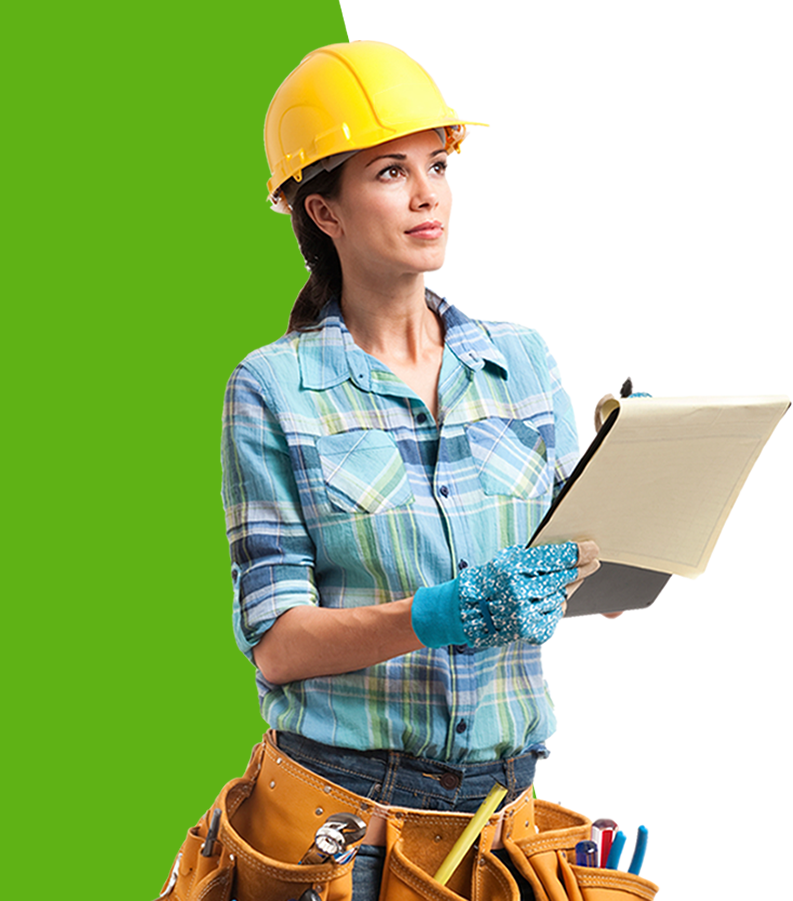Air Source Heat Pumps

AIR SOURCE HEAT PUMPS
Energy Efficiency Group specialise in the installation of affordable and environmentally responsible air source heat pumps, one of the most energy-efficient heating solutions available.
Together, we can reduce energy consumption, cut heating costs and protect our planet!
WHAT ARE THE BENEFITS OF AIR SOURCE HEAT PUMPS?
Popular amongst eco-conscious homeowners in the UK, air source heating systems are energy-efficient and competitively priced. Our air source heat pump systems can be used alongside other green energy solutions, such as solar panels and wet underfloor heating systems, and will operate using heat from ambient air. As a bonus; these modern heating alternatives are also covered as part of the UK’s renewable heat initiative!










